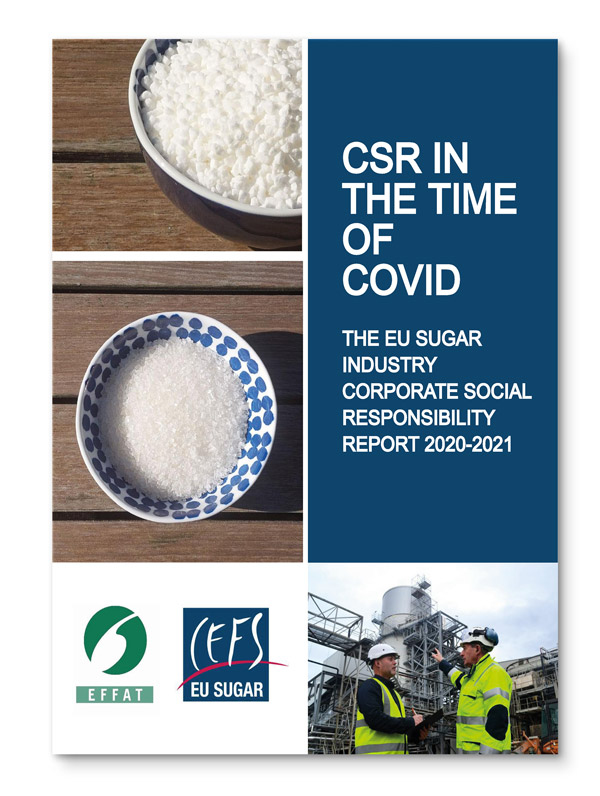The EU sugar sector is in the midst of an unprecedented crisis. Prices have never been as low as they are today. The European Commission has so far ruled out any intervention to help the over 40 operators, 140,000 farmers, and 27,000 employees that directly depend on European sugar.
But this same European Commission has started trade negotiations with Australia, one of the world’s biggest sugar exporters.
Australia already benefits from 10,000 tonnes worth of access to the EU market. They are in envious proximity to the fast-growing consumption centres in the Far East. But they appear determined to open our sugar market, which is already amply supplied.
Indeed, since the end of quotas it has been clear that domestic production and existing market access concessions are more than sufficient to meet domestic consumption. This is evidenced by the dramatic fall in imports over the last marketing year. The departure of the UK from the EU will cause a further fall in the EU’s import needs.
So why has the European Commission not yet issued a categorical rejection of these demands?
As more and more crop protection products are banned, ever-increasing environmental requirements are imposed, and new breeding opportunities are restricted, why does the European Commission appear ready to import monoculture cane sugar from halfway around the world?
CEFS, CIBE, and EFFAT today stand firm in rejecting all market opening to Australia in the context of these negotiations.
We call for coherence between the EU’s agricultural and trade policies. If the Commission is not willing to assist in our time of need, the very least it could do is avoid heaping additional pressure on the EU market.

